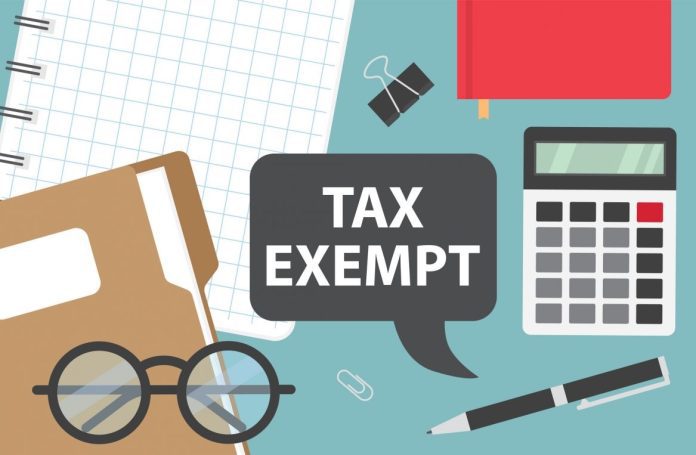Tax Saving- Tax exemption on stamp duty can be claimed by individual owners, co-owners or Hindu undivided families.
New Delhi. Property is also a popular means of investment in India. Property prices increase significantly every year. That’s why many people buy a house, shop or plot. As per the provisions of the Income Tax Act, 1960, you are also entitled to tax exemption on the stamp duty or registration fee paid for registration of property. Under Section 80C of the Income Tax Act, a maximum deduction of Rs 1.5 lakh can be availed on payment of stamp duty, registration fee etc. People paying stamp duty and registration charges under Section 80C can claim exemption while filing Income Tax Return (ITR) in the year of purchasing the house.
Under Section 80C (xviii)(d) of the Indian Income Tax Act, 1961, the benefit of tax exemption on expenses incurred on purchase or transfer of property like stamp duty and registration fees can be availed only on residential property and not on commercial property. . Therefore, if you want deduction up to Rs 1.5 lakh then it is necessary for you to buy a residential property.
Who can claim exemption
Tax exemption on stamp duty can be claimed by individual owners, co-owners or Hindu undivided families. In case of joint ownership, exemption is given to the co-owners according to their share. For this, it is mandatory for the property to be registered in the name of all the owners and stamp duty to be paid by them. If someone other than the co-owner of the property pays the stamp duty, then the co-owners of the property will not get the benefit of tax deduction.
It is necessary to fulfill this condition
Tax exemption on stamp duty can be availed in the same financial year in which the ITR is being filed. This means that while filing ITR for the financial year 2023-24, you can claim exemption only on the stop duty paid in this financial year, not for the house purchased in the previous financial year.
Possession required
You can claim exemption on stamp duty paid only for residential property which is owned by you as the first owner. That means you should have possession of the property. Under-construction properties are not eligible for stamp duty tax benefits.
5 year lock in period
The property for the purchase of which tax exemption on stamp duty has been availed, cannot be sold for five years. If someone sells the property before this period, the ITR of the year in which the exemption is availed is revised and the stamp duty deducted is taxed.
This condition also applies
For tax deduction on stamp duty, it is also necessary that you have not crossed the maximum exemption limit of Rs 1.5 lakh under section 80C. This means that if you have already availed exemption up to Rs 1.5 lakh on investments in EPF, PPF, SCSS, Life Insurance Policy, ELSS etc., then you cannot claim tax exemption on stamp duty. If you have availed less than Rs 1.5 lakh exemption even after claiming deduction on these investment options, then you are entitled to tax deduction on stamp duty also.

